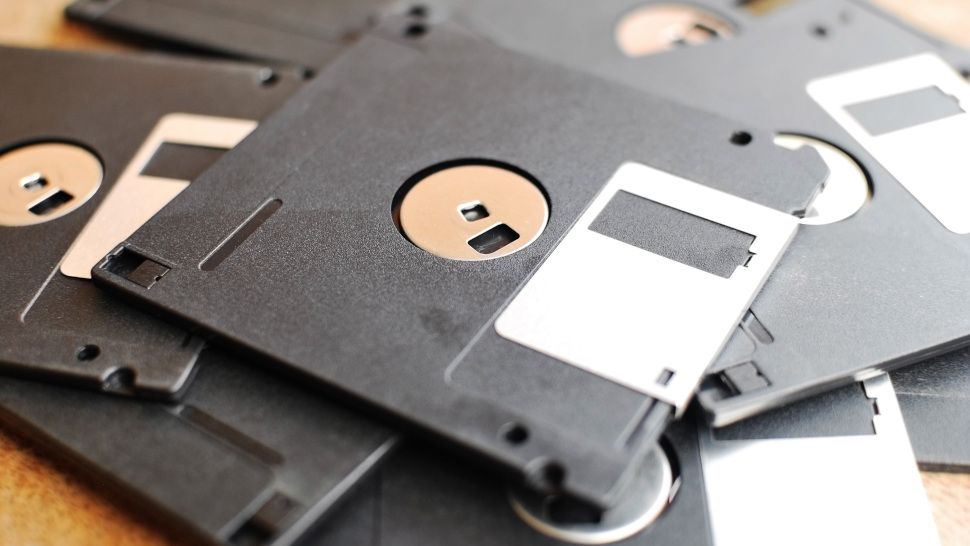Even though floppy disks have long since gone the way of the dodo, the ghost of the ancient recording media still haunts the digital world. As a great example, when you go to save a file in Microsoft Office, you’ll see the save icon still appears as a floppy disk, even though there’s a good chance you’ll be saving your content in cloud storage, rather than to a slow, clunky plastic square with extremely limited storage capacity.
Japan is known for being at the forefront of technology, but the country’s government is still somewhat reliant on floppy disks.
As reported by Tom’s Hardware, there were about 1,900 official governmental application procedures that stipulated businesses must submit floppies or CD-Roms (specifically) containing supplementary data until last week. Finally, however, Japan’s Ministry of Economy, Trade and Industry (METI) is looking to abandon this outdated practice.
Updating the rules
METI has issued a “Ministerial Ordinance to Amend Some of the METI Ordinances for Promoting Regulatory Reforms to Foster a Digital Society”, which aims to review and update rules that dictate the use of obsolete media like floppy disks. According to PC Watch, this initiative is part of a broader review of analog regulations (digital principles) across various ministries, spearheaded by the Digital Agency.
The current law not only mandates the use of outdated recording media, but it also leaves ambiguity about whether cloud-based actions – such as creating and saving documents online – are even permitted.
It’s astonishing that it has taken this long for the Japanese government to take action, but METI is finally on the case. In an effort to modernize the regulations, it will eliminate any references to specific media types like “floppy disk” or “CD-Rom” and replace them with more contemporary terms, such as “electromagnetic recording media.”
This move follows a series of initiatives in Japan aimed at reducing dependence on outdated technology, but it is proving to be somewhat challenging. For instance, the fax machine continues to be widely used in the land of the rising sun. A survey conducted in May 2022 revealed that 54% of companies were still utilizing this antiquated mode of communication.





